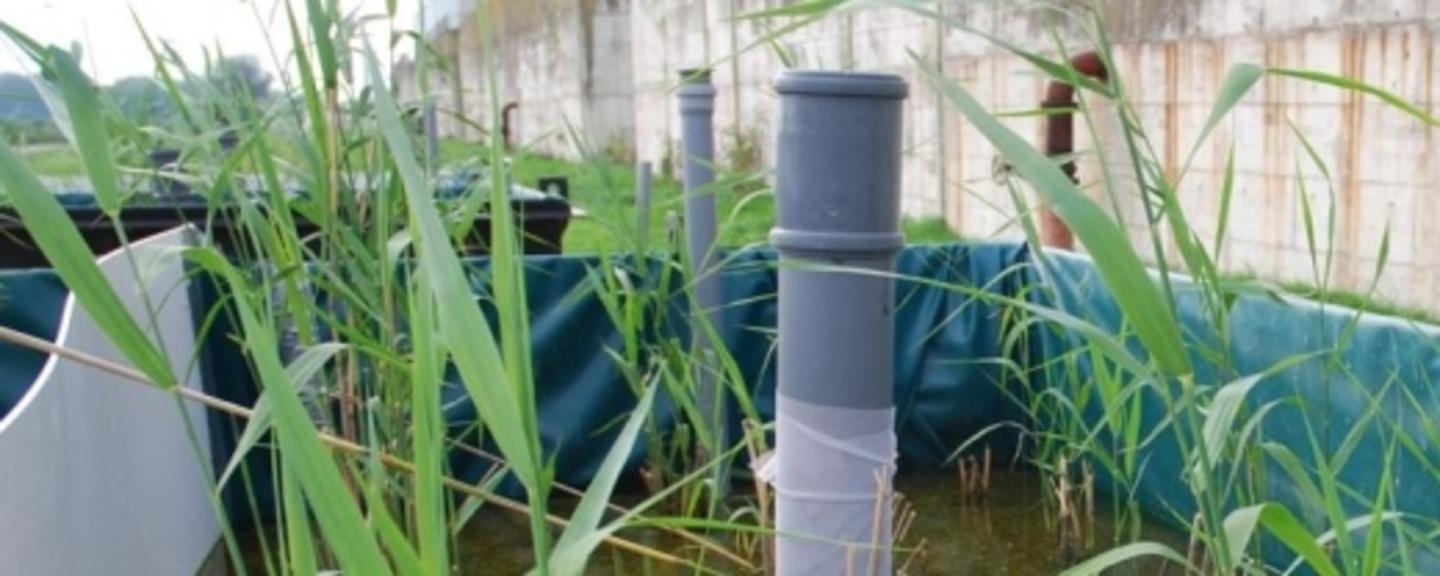Funding from the EEA Grants financed research by Gdansk University of Technology into new methods for reducing pollution from waste-water treatment plants. Leakages from landfills and rejected water from processing sewage sludge, a toxic by-product of waste-water treatment, cause pollution that may contaminate groundwater and pose serious health risks.
In cooperation with waste-water treatment plants in northern Poland, the research team investigated opportunities for minimising the environmental impact caused by sewage treatment plants. Two test wetlands were created to determine the minimum areas of wetland required to cleanse the sewage water, which is often heavily polluted with ammonium, nitrogen and heavy metal. The researchers also developed methods for disinfecting treated municipal waste-water discharged into the surface water, and removing nitrogen compounds discharged from waste-water treatment plants. In addition, research was conducted into the possibilities of using sewage sludge as an energy source. The research results have been passed on to the participating waste-water treatment plants.
